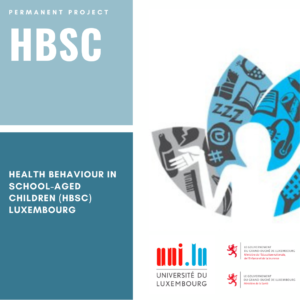INTRODUCTION
Dietary habits may be associated with adolescents health and behavior. However, previous findings are inconsistent and often unadjusted for sociodemographic confounders. The aim of this study was to investigate (1) whether dietary habits (consumption of fruits, vegetables, sweets, soft drinks, breakfast, and family meals) cluster among adolescents and (2) how these clusters associate with a range of health, well-being, and behavior outcomes in a large population-based sample of adolescents.
METHODS
The study included adolescents (n = 7529; n = 3891 [51.7%] girls; mean [standard deviation] age = 14.9[2.1] years) from the 2018 Luxembourg Health Behaviour in School-aged Children study. We used cluster analysis to define clusters of dietary habits (consumption of fruits, vegetables, sweets, soft drinks, breakfast, and family meals) and logistic regression analyses to assess the cross-sectional associations of the clusters with health, well-being and behavior, adjusted for age, gender, family affluence, and migration background.
RESULTS
Cluster analysis yielded five clusters of dietary habits: (1) healthy, (2) family meal and breakfast skippers, (3) sugar consumption, (4) unbalanced diet, and (5) unhealthy. The healthy cluster was associated with better health and positive mental health and behavior, whereas the less healthy clusters were associated with worse health, mental health problems, and risk behavior.
CONCLUSION
Findings suggest that healthy dietary habits associate with positive health and behavior, whereas unhealthy dietary habits associate with health problems and risk behavior during adolescence. More research is needed to investigate the underlying mechanisms. Interventions should include dietary habits as a component of lifestyle modification to improve adolescents’ health, well-being, and behavior.
The associations of dietary habits with health, well-being, and behavior in adolescents: A cluster analysis
Proposition de citation
Geraets, A. F. J. & Heinz, A. (2022). The associations of dietary habits with health, well-being, and behavior in adolescents: A cluster analysis. Child : care, health and development. Vorab-Onlinepublikation.



